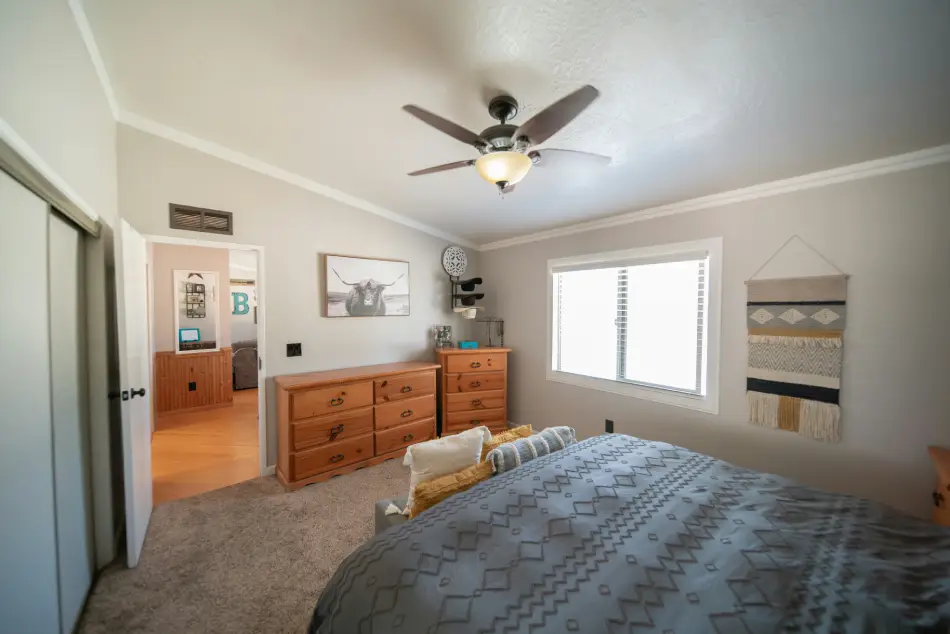
Many first-time homebuyers are feeling squeezed out of homeownership because of rising home prices, high interest rates, and strict mortgage financing requirements. In the quest for affordable options, some have turned to a strategy that combines the affordability of mobile homes (or manufactured homes) with the convenience of rent-to-own — mobile homes rent to own. A rent-to-own approach might offer the chance to live in your home with the option to buy, often without the need for a down payment. However, this path is not without twists and potential potholes. For those who discover the right equation, a mobile home rent-to-own game plan can make homeownership more attainable. As you explore the world of mobile and manufactured homes, it’s important to separate fact from fiction. Many of the myths surrounding these homes stem from outdated perceptions, confusing the older mobile homes with today’s modern prefab or manufactured homes. The U.S. Department of Housing and Urban Development (HUD) draws a clear line: any factory-built home made before June 15, 1976, is classified as a mobile home, while those constructed after this date are considered manufactured homes. Additional federal legislation in 1980 and beyond added even more distinction. Many newer factory-built homes meet HUD standards, making them eligible for government-insured loans through the FHA, VA, and USDA/RHS, debunking many misconceptions. Let’s look at 10 common mobile or manufactured home myths: Rent-to-own mobile or manufactured homes present a unique — but often elusive — opportunity for aspiring homeowners to merge the flexibility of renting with the benefits of homeownership. This pathway typically unfolds through two common options: The rental period in a rent-to-own agreement can vary, but a typical time period is three years. This allows tenants to build savings, improve their credit scores, and prepare for homeownership. Responsibility for repairs and maintenance depends on the lease agreement. Generally, minor repairs and regular maintenance are the tenant’s responsibility, while the landlord may handle major repairs. However, specifics should be outlined in your contract.Seeing past outdated mobile home reputations
Debunking mobile home myths
How do mobile home rent-to-own options work?
How long is a typical rental period?
Do I have to perform my own repairs and maintenance during that time?



